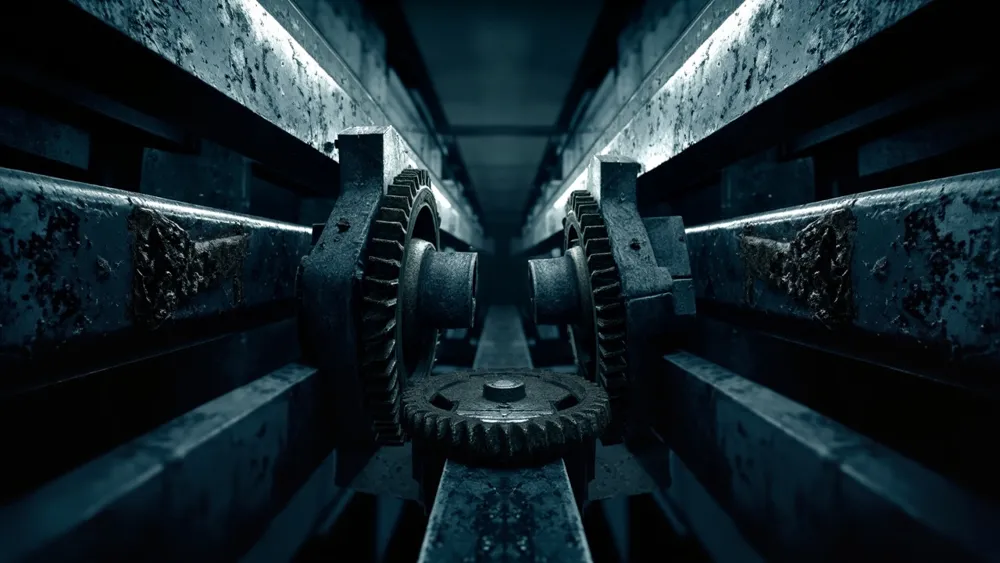Trump Clears Nippon Steel Merger with U.S. Steel: An Analysis

The recent clearance of the Nippon Steel and U.S. Steel merger by former President Donald Trump marks a pivotal moment in the intertwined realms of industrial policy and national security. This bold decision comes just months after President Joe Biden had blocked the same acquisition due to concerns about its implications for America’s supply chains and critical industries. The new approvals are not just administrative but serve as a litmus test for the policy directions of future U.S. administrations with respect to foreign investments in essential sectors. With the capacity to create approximately 70,000 jobs and inject about $14 billion into the U.S. economy, as claimed by Trump, understanding the broader implications of this merger warrants careful examination, particularly in the context of current geopolitical dynamics.
From an economic standpoint, one must question the somewhat rosy projections provided by Trump's administration. Historical data reveals the fragility of large-scale mergers, especially in volatile sectors like steel, which can be significantly impacted by global pricing fluctuations, regulatory changes, and trade tensions. The soaring 20% increase in U.S. Steel's share price following the announcement signals market optimism, yet this could be misleading if we consider two historic precedents: the dot-com bubble of the late '90s and the 2008 financial crisis, both characterized by overambitious growth projections that ultimately fell flat. Furthermore, while the narrative of job creation is compelling, it is vital to scrutinize how these jobs are distributed across the country and whether the anticipated investments will translate into genuine economic resilience or a temporary uplift in stock prices.
In light of this merger, one cannot overlook the broader regulatory landscape. The difference in approach between the Biden and Trump administrations highlights an ongoing tug-of-war regarding national security and economic growth. While Trump emphasizes job creation and economic expansion, caution from regulators is rooted in safeguarding U.S. interests against foreign dependencies. This tension raises an important question: Is America prepared to prioritize economic growth at the possible expense of national security? Additionally, there are potential risks for investors who may wager on benefits from such mergers without fully accounting for the implications of geopolitical volatility, trade policies, and possible pushback from domestic industries wary of foreign competition.
As we look forward, stakeholders must remain vigilant about the ever-changing narrative surrounding industrial policy and foreign investment. For investors, recognizing the intricate balance between seizing opportunities for growth and evaluating potential risks will be crucial in navigating the post-merger landscape. Regulatory bodies will also need to evolve, becoming more adept at assessing the multifaceted impacts of such mergers, not only from an economic perspective but through a lens of national and global security. Ultimately, the Nippon Steel and U.S. Steel merger is not merely a corporate development; it is a defining moment that underscores the complexities of modern economic governance, raising crucial questions about the sacrifices and trade-offs that lie ahead.
Read These Next

UGREEN Technology's Financial Performance and Future Outlook for 2024
Analysis of UGREEN Technology's financial performance and strategic outlook for 2024, focusing on revenue distribution, key business changes, and potential risks.

Japan's new agriculture minister to invest in low-priced reserve rice as rice prices stay high
Japan's new Agriculture Minister Koizumi Shinjiro plans to sell reserve rice to retailers to combat rising prices and stabilize the market.

Zhong Nanshan: Current COVID-19 peak expected to decline after June
On May 24, Zhong Nanshan reported rising COVID-19 rates at the Guangzhou Science Week, expecting a decline by June.
